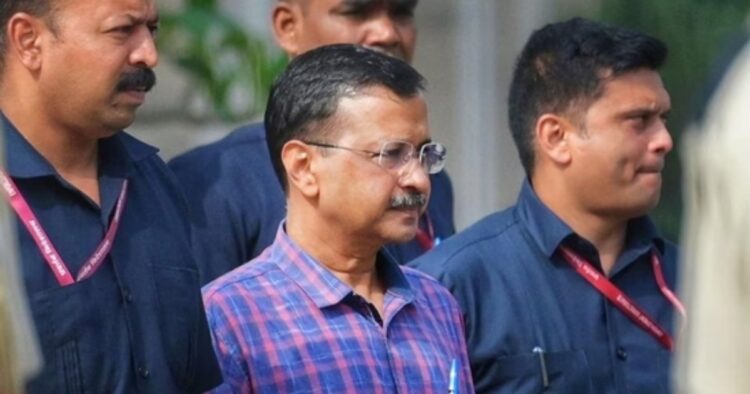In a recent development, Delhi’s Rouse Avenue court has extended the judicial custody of Delhi Chief Minister Arvind Kejriwal until July 25. This decision comes in light of a case registered by the Central Bureau of Investigation (CBI) related to irregularities in the now-scrapped Delhi excise policy. Kejriwal, who is the convenor of the Aam Aadmi Party (AAP), was arrested by the CBI on June 26 and remains in custody.
Earlier, the Supreme Court granted interim bail to Arvind Kejriwal in a separate money laundering case filed by the Enforcement Directorate (ED). This decision was based on the Supreme Court’s consideration of issues concerning the right to life and the necessity of arrest, which have been referred to a larger bench for further review.
The CBI has accused Arvind Kejriwal of being a key conspirator in the irregularities linked to the Delhi excise policy. According to the CBI, Vijay Nair, a former media in-charge of AAP and a close associate of Kejriwal, allegedly facilitated undue gratification demands from liquor manufacturers to influence policy decisions. The agency claims that a substantial amount of kickbacks, approximately Rs 44.45 crore, was transferred via ‘hawala channels’ for AAP’s assembly poll campaign in Goa.
ALSO READ: “Should Arvind Kejriwal Resign? Supreme Court Pitches in the Debate”
Following the court decisions, political reactions have been varied. Leaders from AAP such as Atishi, Saurabh Bharadwaj, and Sandeep Pathak have hailed the Supreme Court’s interim bail grant as a “victory of truth”. In contrast, BJP MP Bansuri Swaraj criticized AAP, accusing them of attempting to mislead the people of Delhi regarding the charges against Kejriwal.
The legal proceedings involving Arvind Kejriwal are ongoing, with significant attention on the allegations of corruption and money laundering. The outcomes of these cases are expected to have far-reaching implications on both Delhi’s political landscape and the governance of AAP.

















Comments